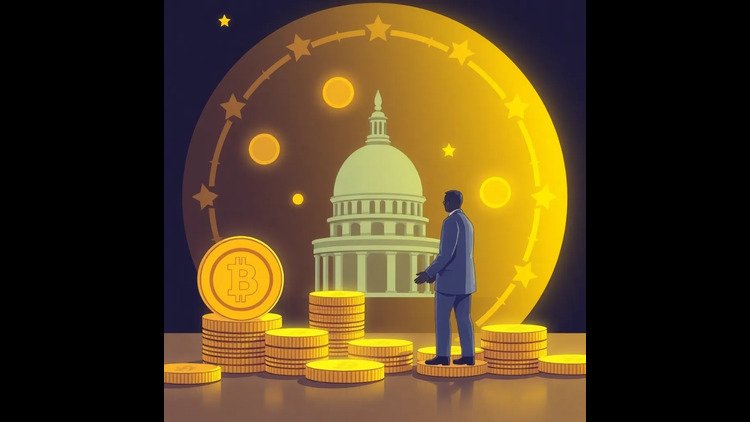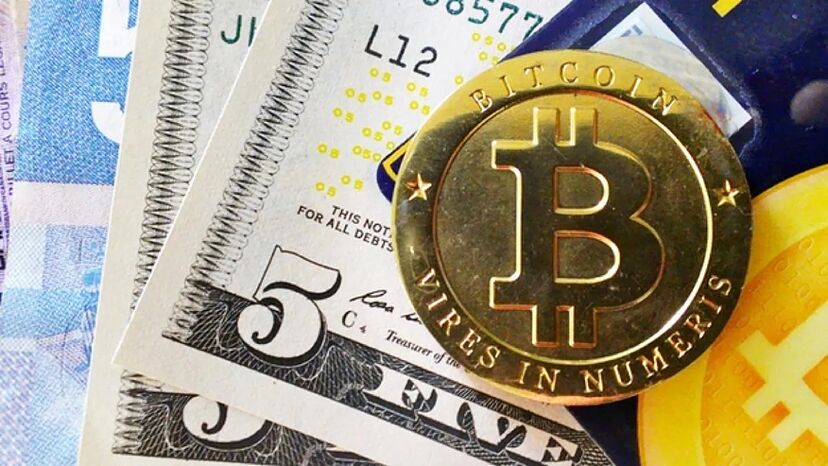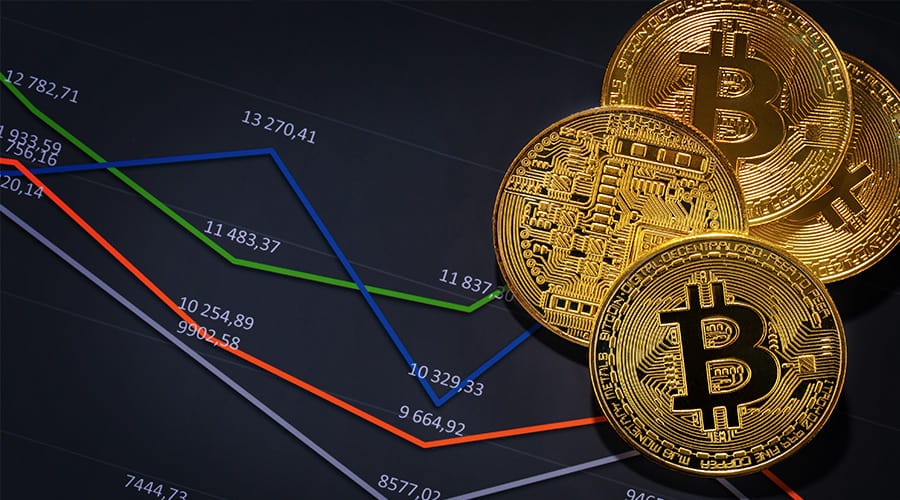Digital Chamber urges lawmakers to classify NFTs as consumer goods amid SEC enforcement concerns
The Digital Chamber urges lawmakers to classify NFTs as consumer goods amidst concerns over SEC enforcement. Learn about the potential implications for the NFT market.

The Digital Chamber (TDC) has urged Congress to enact legislation that would categorize certain non-fungible tokens (NFTs) as consumer goods, thereby exempting them from federal securities regulations. This appeal comes in response to increasing worries regarding the Securities and Exchange Commission's (SEC) recent enforcement actions, including a Wells notice issued to the NFT marketplace OpenSea.
Classifying NFTs
In a statement released on September 10, 2024, TDC argued that NFTs designed for consumptive use—such as digital art, collectibles, and video game assets—should not be classified as financial products. The organization contends that these tokens are primarily purchased for personal enjoyment rather than as investment vehicles. They emphasized that occasional resales for profit do not automatically categorize NFTs as securities.
According to TDC's 2023 Pixels to Policy report, many NFT applications are clearly not intended as investment contracts or speculative financial tools. The organization highlighted that the secondary market for NFTs, similar to traditional collectibles or artwork, does not inherently classify them as financial products.
Concerns Over SEC Actions
The Digital Chamber's request comes amid a series of SEC actions targeting NFT platforms. Recent lawsuits against companies like DraftKings and Dapper Labs have raised alarms within the digital asset industry, with fears that regulatory overreach could hinder innovation. The SEC's enforcement action against OpenSea, one of the largest NFT marketplaces, has intensified these concerns.
TDC stated that SEC Chair Gary Gensler's regulation-by-enforcement approach threatens the livelihoods of many individuals who depend on NFTs for their businesses and creative pursuits. The organization warned that the current lack of legislative clarity is driving NFT creators and companies to relocate to jurisdictions with more favorable regulations.
Legislative Action Needed
TDC is calling on Congress to clarify that NFTs intended for consumptive use should not fall under SEC jurisdiction. They caution that ongoing uncertainty could negatively impact the NFT industry and the broader U.S. economy.
In summary, the Digital Chamber is advocating for a clear legal framework that recognizes the unique nature of consumptive-use NFTs, aiming to protect creators and foster innovation in the digital asset space.
FAQ: Digital Chamber's Call to Classify NFTs as Consumer Goods
Q1: What is the Digital Chamber (TDC)?
A: The Digital Chamber is an organization that advocates for the interests of the digital asset industry, including cryptocurrencies and non-fungible tokens (NFTs). It aims to promote innovation and provide guidance on regulatory matters.
Q2: What is the main request made by the Digital Chamber?
A: The Digital Chamber is urging Congress to classify certain NFTs as consumer goods, which would exempt them from federal securities regulations.
Q3: Why does TDC want NFTs to be classified as consumer goods?
A: TDC argues that many NFTs are purchased for personal enjoyment—such as digital art, collectibles, and in-game assets—rather than as investment vehicles. They believe this classification would better reflect the nature of these tokens.
Q4: What types of NFTs does TDC believe should be classified as consumer goods?
A: TDC specifically mentions NFTs designed for consumptive use, including digital art, collectibles, and video game assets, as those that should be classified as consumer goods.
Q5: What recent actions by the SEC have raised concerns in the NFT community?
A: The SEC has taken enforcement actions against several NFT platforms, including issuing a Wells notice to OpenSea and filing lawsuits against companies like DraftKings and Dapper Labs. These actions have raised fears of regulatory overreach.
Q6: How does TDC view the SEC's approach to regulation?
A: TDC criticizes SEC Chair Gary Gensler's regulation-by-enforcement strategy, arguing that it threatens the livelihoods of individuals and businesses involved in the NFT space.
Q7: What are the potential consequences of not classifying NFTs as consumer goods?
A: TDC warns that ongoing regulatory uncertainty could drive NFT creators and companies to relocate to jurisdictions with more favorable regulations, potentially stifling innovation and harming the U.S. economy.
Q8: How does TDC believe legislative action could benefit the NFT industry?
A: TDC believes that clear legislation recognizing consumptive-use NFTs as outside SEC jurisdiction would protect creators, encourage innovation, and provide a more stable environment for the digital asset industry.
Q9: Where can I find more information about the Digital Chamber's initiatives?
A: For more information, you can visit the Digital Chamber's official website and follow their updates on social media regarding their advocacy efforts and positions on NFT regulations.
Q10: How can I support the Digital Chamber's efforts?
A: Individuals and organizations interested in supporting TDC's initiatives can engage with their advocacy campaigns, participate in discussions about NFT regulations, and stay informed about legislative developments in the digital asset space.
What's Your Reaction?














